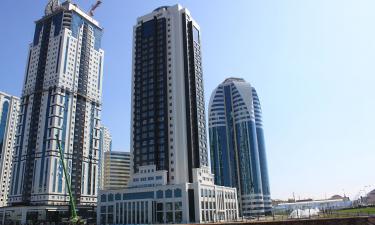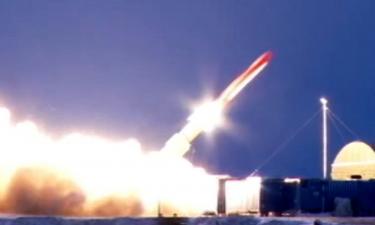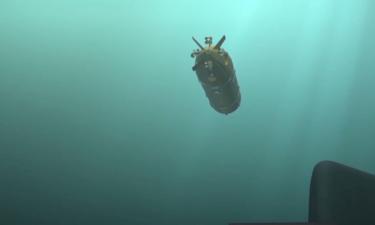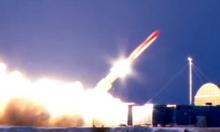Iran, Russia reach agreement in principle on enrichment deal aimed at averting nuclear standoff
Iran and Russia on Sunday agreed in principle to establish a joint uranium enrichment venture, a breakthrough in talks on a U.S.-backed Kremlin proposal aimed at easing concerns that Tehran wants to build nuclear weapons.
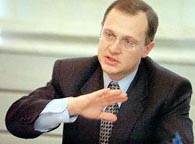
But further negotiations on the details lay ahead, and it was not known whether Iran will entirely give up enrichment at home, a top demand of the West.
The deal announced by the two countries' top nuclear chiefs could deflect any move by the U.N. nuclear watchdog agency at a March 6 meeting to recommend the Security Council consider action on Iran.
Iran's deputy nuclear chief, Mohammad Saeedi, warned that the deal would be off if the International Atomic Energy Agency refers Iran to the Security Council, a step that could lead to sanctions.
"If talk of referral is raised, then all ways will be blocked," Saeedi said.
Russian participation in the project is aimed at ensuring that no enriched material is secretly diverted to a weapons program.
The United States accuses Iran of seeking to develop nuclear weapons but has backed the proposal if it means enrichment would take place entirely in Russia. Iran denies any intention to build weapons, saying it aims only to produce nuclear energy.
U.S. National Security Adviser Stephen Hadley was cautious over the deal, reports AP.
According to The Statesman, India, Iranian nuclear chief, Mr Gholamreza Aghazadeh, said a basic agreement was reached with Russia today for the establishment of a joint uranium enrichment venture.
Mr Aghazadeh, who heads Iran’s Atomic Energy Organisation of Iran and is also the country’s vice-president, told a Press conference that the two countries "have reached a basic agreement on the creation of a joint venture (to enrich uranium)." By announcing the agreement, Iran has sought to avert increased international pressure over its disputed nuclear programme.
However, the reported deal, announced a week before the UN nuclear watchdog meets again in Vienna to decide whether to back UN Security Council action against Teheran, left many unanswered questions about Iran’s intentions, and the chief Iranian negotiator said more talks were needed.
A British Foreign Office spokesperson said there was “nothing to indicate” that Iran had addressed key demands of the International Atomic Energy Agency (IAEA), and particularly its insistence that Iran returns to a freeze on all uranium-enrichment activities.
O.Ch.
Subscribe to Pravda.Ru Telegram channel, Facebook, RSS!
